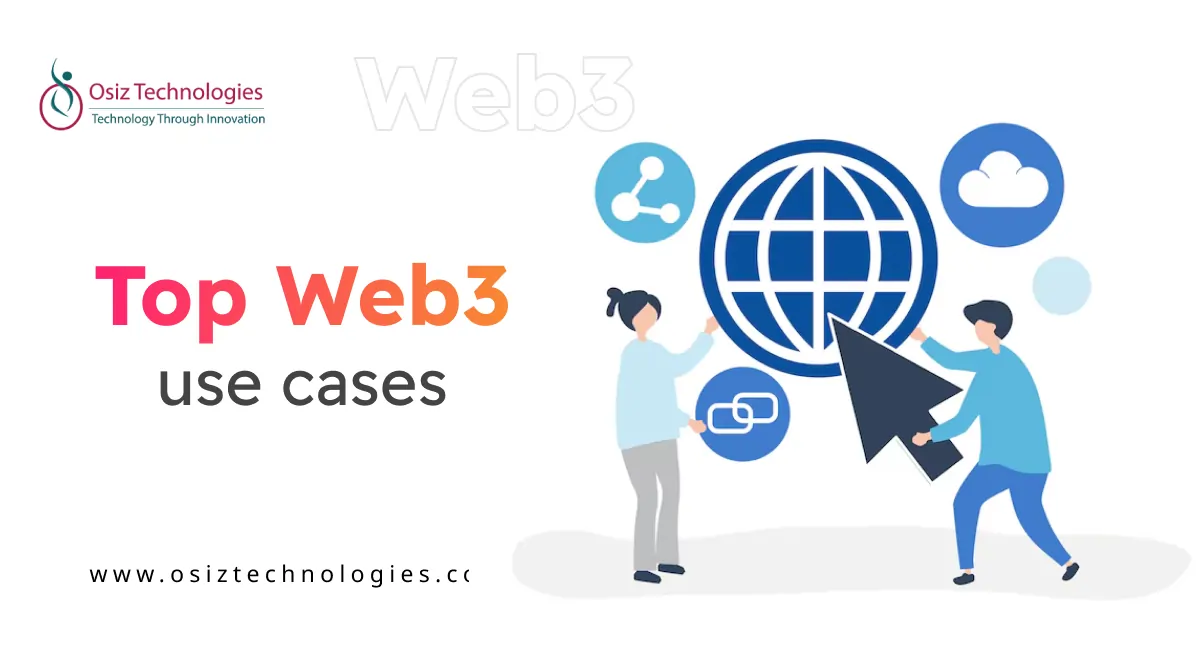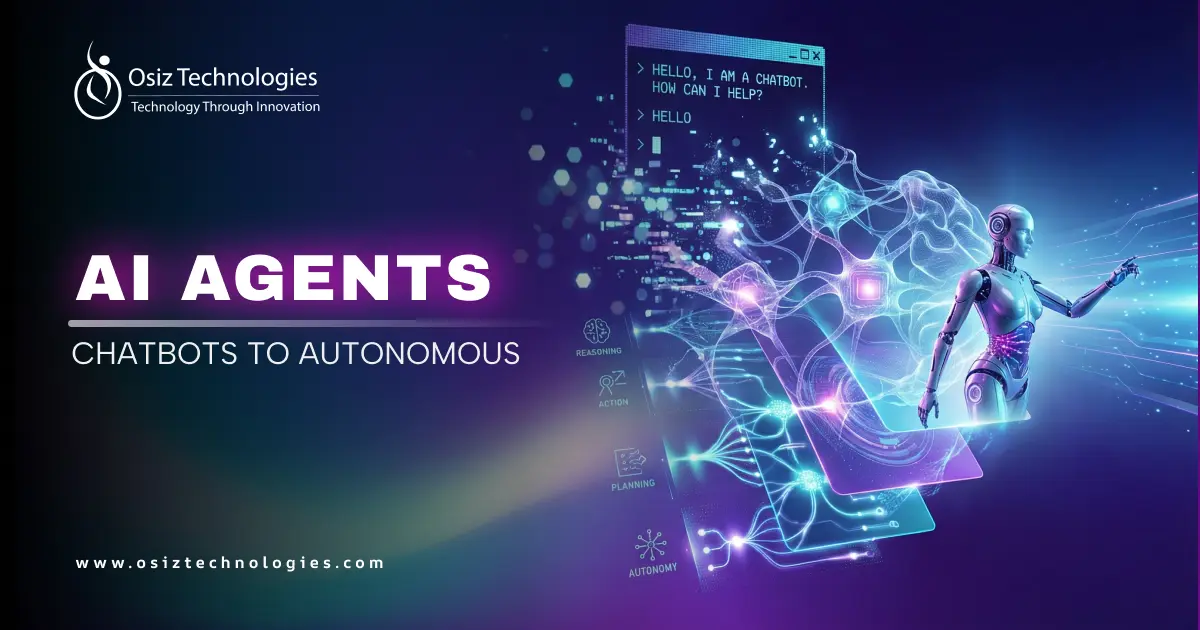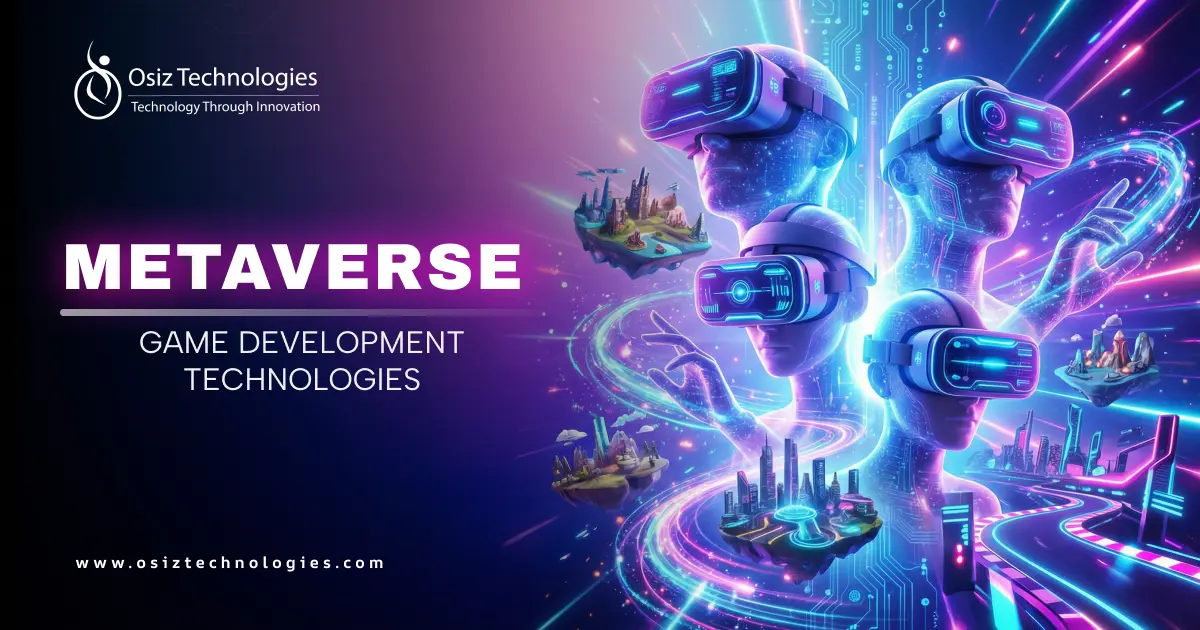The rise of Web3 represents a major evolution in the digital landscape, shifting power from centralized entities to users themselves. Built on blockchain technology and driven by decentralized principles, Web3 enables a more secure, transparent, and user-owned internet. From DeFi to gaming, Web3 applications are reshaping industries by allowing peer-to-peer interactions, digital ownership, and smart contract automation. It’s not just a buzzword anymore, it’s the foundation for the next era of digital innovation. In a world increasingly focused on privacy, control, and digital freedom, Web3 provides the tools to build a fairer internet. Enterprises, developers, and users are quickly adapting to this shift, realizing the potential of decentralized technologies. Here, we’ll explore the top 10 Web3 use cases that are creating real impact and redefining how we interact online.
Top 10 Web3 Use Cases
1. Decentralized Finance (DeFi)
DeFi is perhaps the most well-known application of Web3. It eliminates intermediaries like banks and enables users to borrow, lend, trade, and earn interest directly through smart contracts. Platforms such as Uniswap, Aave, and Compound provide permissionless access to financial tools, making DeFi an inclusive and transparent alternative to traditional finance.
2. NFTs and Digital Ownership
Non-Fungible Tokens (NFTs) give users verifiable ownership of digital assets, from art and music to virtual real estate. Web3 allows creators to tokenize their work and monetize directly without middlemen. Marketplaces like OpenSea and Rarible have become central hubs for NFT trading, unlocking new revenue streams for artists and brands.
3. Play-to-Earn (P2E) Gaming
Web3 gaming replaces traditional gaming models by rewarding players with crypto assets for their time and achievements. Games like Axie Infinity and The Sandbox allow users to truly own in-game items, characters, and currencies, which can be traded or sold for real value—ushering in the era of player-owned economies.
4. Decentralized Autonomous Organizations (DAOs)
DAOs are organizations governed by smart contracts and voting rights, rather than centralized leadership. Members propose and vote on decisions using governance tokens. DAOs are being used for investment clubs, nonprofit coordination, and project funding—empowering communities with collective control.
5. Decentralized Social Media
Web3 is transforming social platforms by enabling censorship-resistant, ad-free, and user-owned alternatives. Platforms like Lens Protocol and Farcaster give users ownership over their content and data, preventing platform-driven manipulation and data misuse seen in Web2.
6. Supply Chain Transparency
Blockchain-based Web3 solutions bring transparency and traceability to supply chains. From verifying the origin of goods to monitoring their journey in real time, industries like food, fashion, and pharmaceuticals are using Web3 to reduce fraud, improve compliance, and boost trust among consumers.
7. Identity and Digital Credentials
Web3 enables decentralized identity (DID) systems where users control their digital credentials. Using wallets and verifiable credentials, individuals can prove who they are without sharing sensitive data, improving security and privacy in areas like hiring, finance, and healthcare.
8. Real Estate Tokenization
Tokenizing real estate allows fractional ownership of properties through Web3 platforms. This lowers barriers to entry for investors and provides liquidity in an otherwise illiquid market. Real estate NFTs and blockchain-based registries are making real-world property investment more accessible.
9. Metaverse and Virtual Worlds
Web3 is the backbone of the emerging metaverse—virtual environments where users can interact, work, and play using blockchain-backed assets. Platforms like Decentraland and Crypto voxels use NFTs and tokens to grant ownership and incentivize participation in immersive, persistent virtual worlds.
10. Content Monetization and Creator Economy
With Web3, creators no longer need to rely on centralized platforms like YouTube or Spotify. Instead, they can use decentralized platforms such as Audius or Mirror to monetize directly, get paid instantly via crypto, and retain full control over their content.
Closing Thoughts
Web3 is no longer a futuristic concept, it’s a growing ecosystem powering real-world innovation across industries. From DeFi and gaming to digital identity and the metaverse, these use cases demonstrate how decentralized technology is reshaping our online experiences. As user demand for transparency, control, and privacy increases, Web3 will continue to gain momentum as a foundational internet model. Businesses that embrace Web3 early will be better positioned to thrive in this new paradigm. If you're looking to explore or build your own Web3 application, partnering with the right technology provider is key.
Osiz a leading Web3 Development Company, offers end-to-end Web3 solutions tailored to your needs, from blockchain integration to DAO creation and NFT platforms. With a team of blockchain experts and a proven track record, we can help turn your decentralized vision into a secure, scalable, and future-ready Web3 solution.
Listen To The Article












